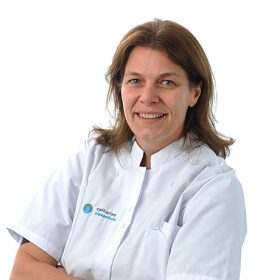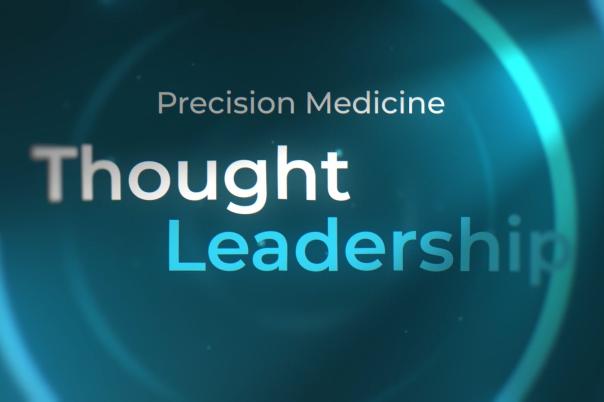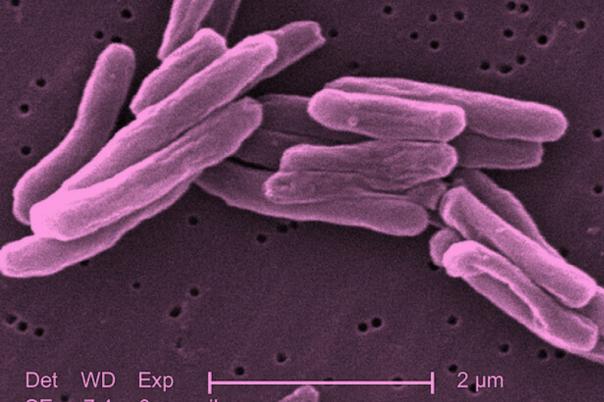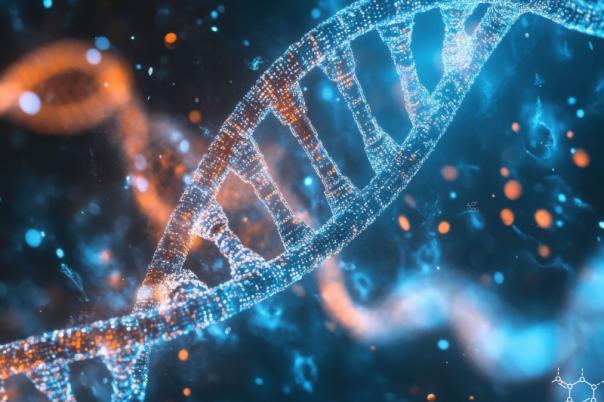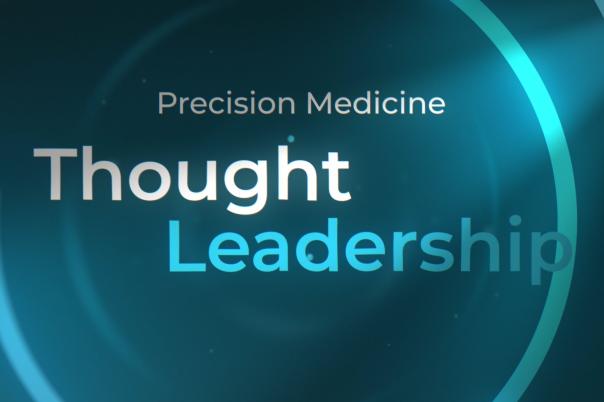Catharina Hospital in Eindhoven, the Netherlands, has implemented multiplex digital PCR to analyse ctDNA for the diagnosis and monitoring of lung cancer patients. The current practice in advanced stage non-small cell lung cancer involves analysing tumour DNA with next generation sequencing (NGS). However, digital droplet PCR (ddPCR) performed on liquid biopsy presents a less expensive and less invasive alternative.
In this presentation, Birgit Deiman outlined a multicentre biomarker study which ran from 2017 to 2022 and assessed the medical value of ddPCR for diagnosis and monitoring lung cancer patients. The study involved six hospitals and collaborated with the Technical University of Eindhoven. The ddPCR tests used in the study were developed from Bio-Rad. Liquid biopsy only requires a very small amount of ctDNA extracted from only 8ml of plasma in multiplex. The team focused on targetable driver mutations such as EGFR, KRAS, and BRAF.
The analysis compared results from dPCR and next-generation sequencing (NGS), revealing that dPCR detected 54% of all mutations and 71% of targetable mutations, indicating a complementary role rather than a complete alternative to NGS. In patients where NGS was not recommended or possible, dPCR found additional mutations, highlighting its utility even when traditional biopsy methods fail. The findings led to the optimisation of the dPCR panel to include more mutations based on the patient population's needs, improving detection rates.
Deiman concluded with an outline of some of the advantages of implementing ctDNA ddPCR into routine care. The test is applicable to all patients, even those which can’t provide a tumour biopsy. The cost effectiveness of the procedure was also noted, with each sample only costing around €150 to analyse. Furthermore, the turnaround time is only 24 hours. There are also some significant efficacy advantages, including a reduction in re-biopsies needed, the ability to detect additional mutations, and the ability to monitor therapy through time.
